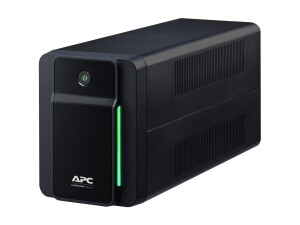
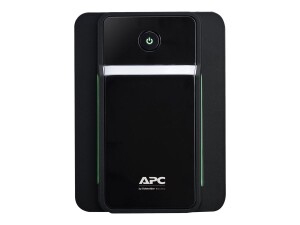
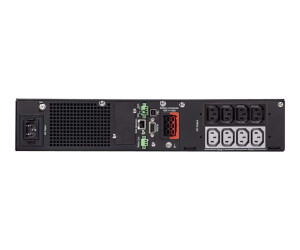
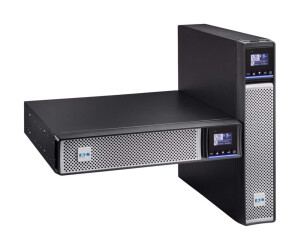
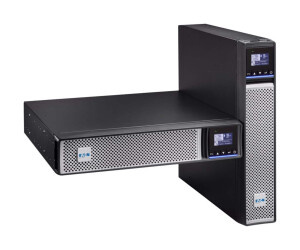
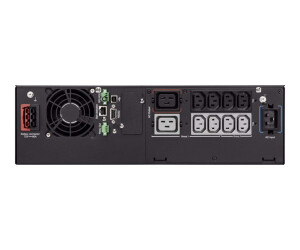
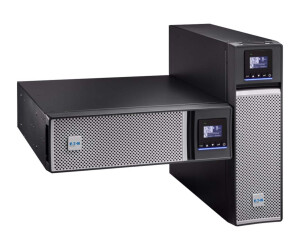
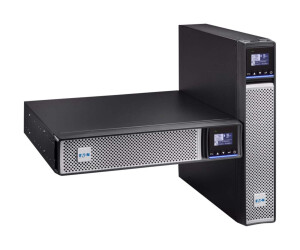
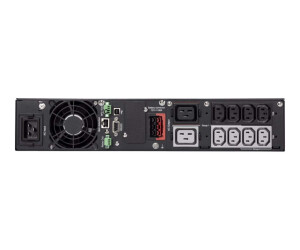
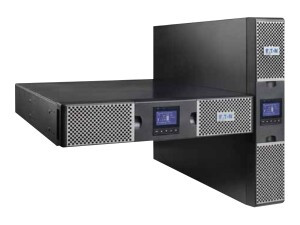










The labeling "CB" stands for "Certification Body" and refers to the certification of products by a recognized certification body. The CB system was developed by the International Electrotechnical Commission (IEC) and aims to ensure the safety and conformity of electrical and electronic devices. It is a globally recognized system accepted by many countries.
The advantages of CB certification are diverse. Firstly, the CB mark indicates that the certified product meets international safety standards. This means that the product has been tested for electrical safety and is considered safe for use. The use of CB certified products gives consumers confidence that the product meets the required safety requirements.
Another advantage of CB certification is the simplification of international trade. Since the CB system is globally recognized, products bearing the CB mark can be marketed and sold more easily in different countries. It reduces the need to apply for separate national certifications, saving time and costs.
The technologies behind CB certification include extensive testing and verification procedures to ensure the electrical safety and conformity of a product. These tests include aspects such as insulation testing, overcurrent testing, short-circuit testing, and thermal testing. These tests ensure that the product meets the specified safety requirements and poses no potential hazards to users or the environment.
There are various certification levels in the CB system based on specific standards and requirements. Some examples of certification levels are:
CB-F:
CB-Scheme:
The importance of energy efficiency nowadays is enormous. Given the growing global energy demand and the impacts of climate change, it is crucial to use energy-efficient products to reduce energy consumption and conserve resources. Improving energy efficiency can lower energy costs, reduce CO2 emissions, and promote sustainability. CB certification can contribute to ensuring that products meet specific energy efficiency standards and comply with energy-saving requirements.
However, there are potential challenges and limitations associated with CB certification. Some manufacturers may have difficulties meeting the high requirements and standards of certification. This can mean additional costs and effort for product development and testing. Furthermore, complying with CB certification may take additional time as the certification body conducts various tests and verifications to ensure the product's conformity.
Customer reviews play an important role in assessing CB certified products. The experiences and feedback from customers can provide valuable information about the safety, quality, and reliability of a product. Customer reviews can be found on various platforms, online shops, or product review websites. It is advisable to read customer reviews and compare different products to select the appropriate CB certified product that best suits individual requirements and expectations.
CB certification provides a comprehensive safety assessment and contributes to the simplification of international trade. It ensures that electrical and electronic devices meet international safety standards. The significance of energy efficiency and the requirements for energy-efficient products make CB certification even more relevant. Customer reviews can offer helpful insights into the quality and reliability of CB certified products.





| id | title | mpn | price | manufacturer |
|
from *
/ |

